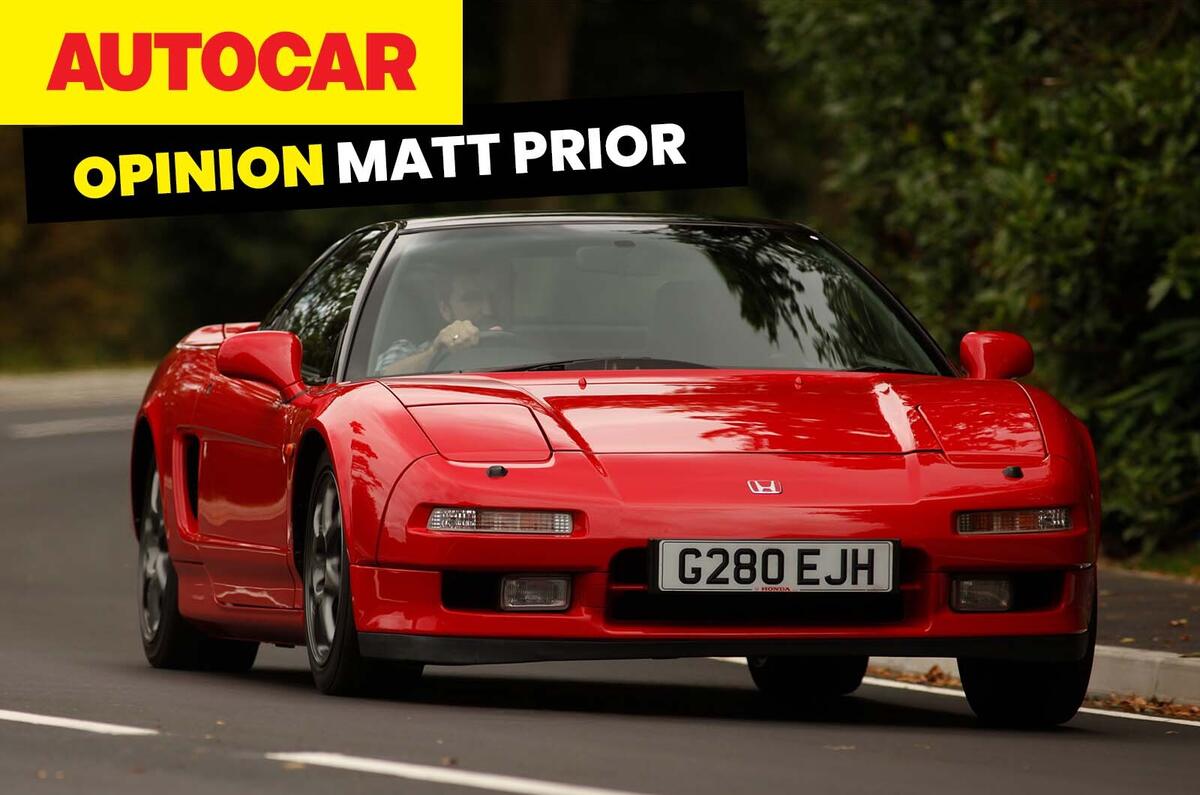Is it okay to be pleased that Honda and Nissan have decided not to merge after all?
The two Japanese companies last week decided not to follow through on a proposed deal that was met with a fair degree of surprise when they first announced they were considering it at the end of last year.
Now, after more serious talks, the merger has been officially canned after it turned out that it might not have been quite such a ‘merger of equals’ as Nissan originally thought.
Like a football manager leaving a club ‘by mutual consent’, things would have been a bit more mutual on one side than the other. Nissan, in a weaker place than Honda (having a market capitalisation of £8 billion, compared with £31bn), risked effectively being a Honda subsidiary – a position it couldn’t countenance.
Instead, the two companies have decided to carry on working together on products and technology but remain separate entities.
From a business perspective, I don’t know whether this is a good thing or not. Honestly, I’ve no idea. Would it save loads of money if they shared the same offices and accountants and window cleaners and sandwich providers and so on?
Shrug of shoulders. Will they survive independently in a world increasingly dominated by state-underwritten Chinese EV makers?
Hit me up if you know either way. But what I do know is that I’ve always liked Honda because of the kind of independent thinking that brought us the NSX and a business jet with engines on top of the wings and which won it the Isle of Man TT a gazillion times.
And there’s something quite cool about Nissan’s commitment to its Z cars, plus the 17-year production run of the R35 GT-R (even if you can no longer buy it in most countries and production will have to stop this summer).
We’ve heard plenty of stories about enthusiastic engineering managers persuading their bigger bosses to give a little money here and there so that Nissan sports cars can still make it into production.








Join the debate
Add your comment
Suzuki literally sell rebadged Toyotas...
Don't have an opinion about Nissan/Honda, but fully agree about re-badging the same cars. The VW model makes some sense to me, Stellantis, no. As an enthusiast and an Alfisti, even more so. Tonale? Nice(r?) Peugeot. Junior- better, I think but only in the hot version, from what I read.
Just got myself a 1st-gen Stelvio 2.2D/210 Veloce and, while I do not have experience of the Germans, I can honestly say it is attractive, powerful, great handling, semi-premium inside and it is a real Alfa (with Ferrari-ish input) that, like the sister Giulia, is not based on anything else whatsoever! No touch screen, small, not lightning-speed screen, the visor clip gap is too large and turning circle could be smaller which came across as deal-breakers in the reviews, I seem to remember. At 99k km, it seems solid and everything works. But it seems the next Stelvio will be Stellantis-based. Mr Stellantis- coud you please make it Alfa first, then give watered-down versions to the other brands, at least?